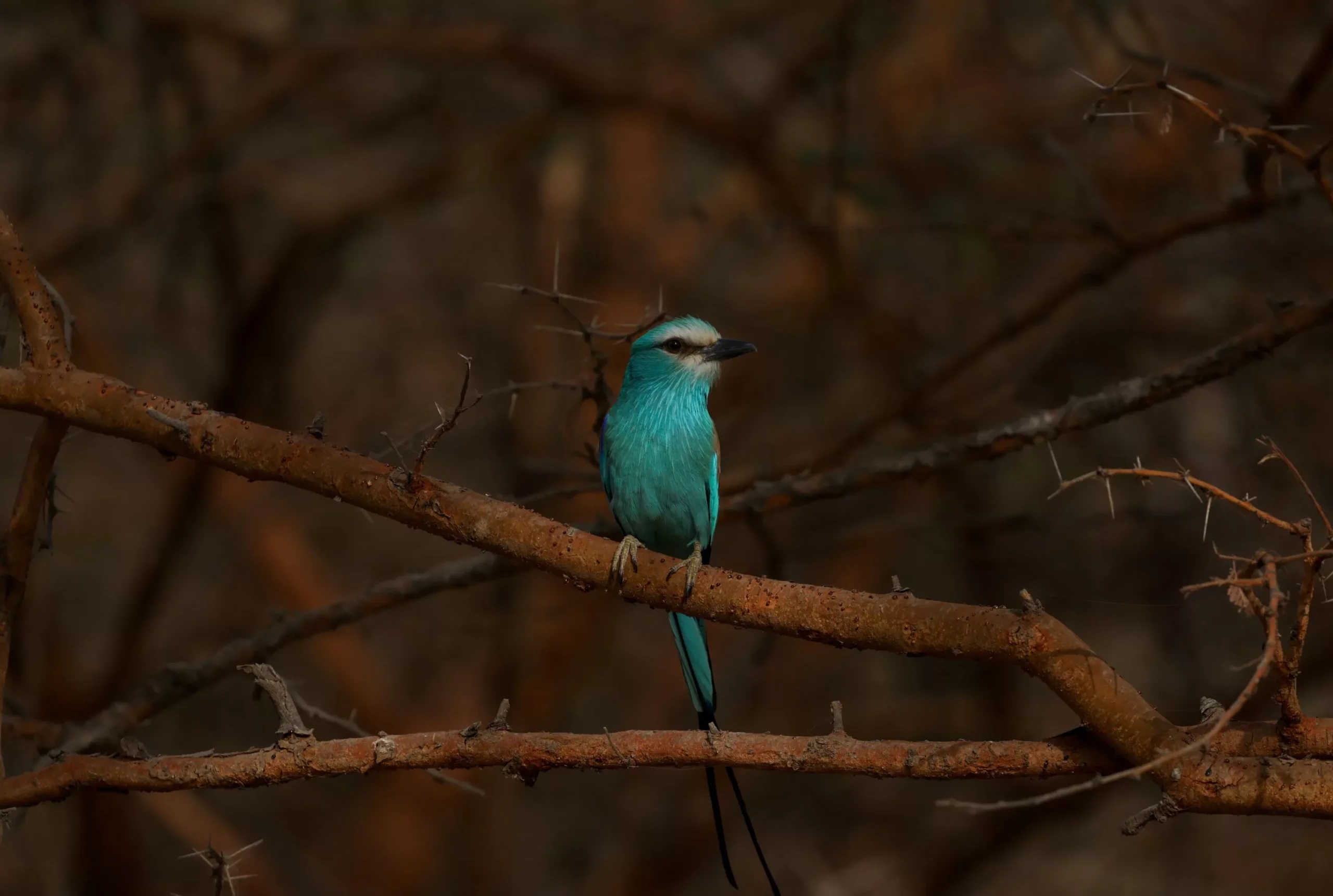Natural Predators: A Natural Solution to Pesticides
Pesticides have long been used as a means to control pest populations and protect crops. However, the use of these chemicals has been a cause for concern due to their harmful effects on the environment and human health. In recent years, researchers have been exploring alternative methods to control pests and maintain crop yields. One such solution has been the use of natural predators like birds, beetles, and bugs.
The idea of using natural predators to control pest populations is not a new one. In fact, it has been practiced by farmers for centuries. However, with the rise of industrial farming and the widespread use of pesticides, this natural method has been largely overlooked. But now, with the growing concern over the negative impacts of pesticides, researchers are revisiting this age-old technique and finding it to be a highly effective and sustainable solution.
Birds, beetles, and bugs are known to be natural predators of many pests that plague crops. For example, birds such as sparrows, swallows, and starlings are voracious insect eaters and can consume large numbers of pests like caterpillars, aphids, and grasshoppers. Similarly, ladybugs and lacewings are known to feed on aphids, mites, and other harmful insects. By introducing these natural predators into the farming ecosystem, farmers can effectively reduce the pest population without the need for harmful chemicals.
One of the main advantages of using natural predators is that they are self-sustaining. Unlike pesticides, which need to be constantly applied, natural predators can reproduce and maintain their population without any human intervention. This not only saves farmers time and money but also reduces the risk of overuse of pesticides, which can lead to the development of pesticide-resistant pests.
Moreover, natural predators are highly targeted in their approach. Unlike pesticides, which can harm beneficial insects and pollinators, natural predators only target specific pests. This ensures that the balance of the ecosystem is maintained, and there is no disruption to other beneficial organisms.
Another significant benefit of using natural predators is that they are environmentally friendly. Pesticides, on the other hand, have been found to have adverse effects on the environment. They can contaminate soil and water, harm non-targeted organisms, and contribute to air pollution. By using natural predators, farmers can reduce their carbon footprint and help protect the environment.
Furthermore, the use of natural predators has shown to have a positive impact on crop yields. Studies have shown that by introducing natural predators, farmers can significantly reduce pest damage, resulting in higher crop yields. This is because natural predators are constantly present in the farming ecosystem, unlike pesticides, which need to be reapplied after a certain period. This not only benefits farmers economically but also ensures a steady supply of crops to meet the growing demand for food.
Apart from their effectiveness, using natural predators also has a positive impact on the overall health of the farming ecosystem. Pesticides not only harm pests but also disrupt the natural balance of the ecosystem. This can lead to an increase in the population of other pests, which can become a problem for farmers. By using natural predators, the natural food chain is maintained, and the ecosystem remains in balance.
The use of natural predators also aligns with the growing trend of sustainable and organic farming practices. Consumers are becoming more conscious of the food they consume and are increasingly opting for organic produce. By using natural predators, farmers can produce crops without the use of harmful chemicals, making their produce more appealing to health-conscious consumers.
In conclusion, natural predators like birds, beetles, and bugs are proving to be an effective alternative to pesticides. They not only help control pest populations but also have positive effects on the environment and crop yields. With the growing concern over the use of pesticides, it is time for farmers to revisit this age-old technique and embrace a more sustainable and natural approach to pest control. By doing so, we can ensure a healthier and more sustainable future for our farming ecosystem.






